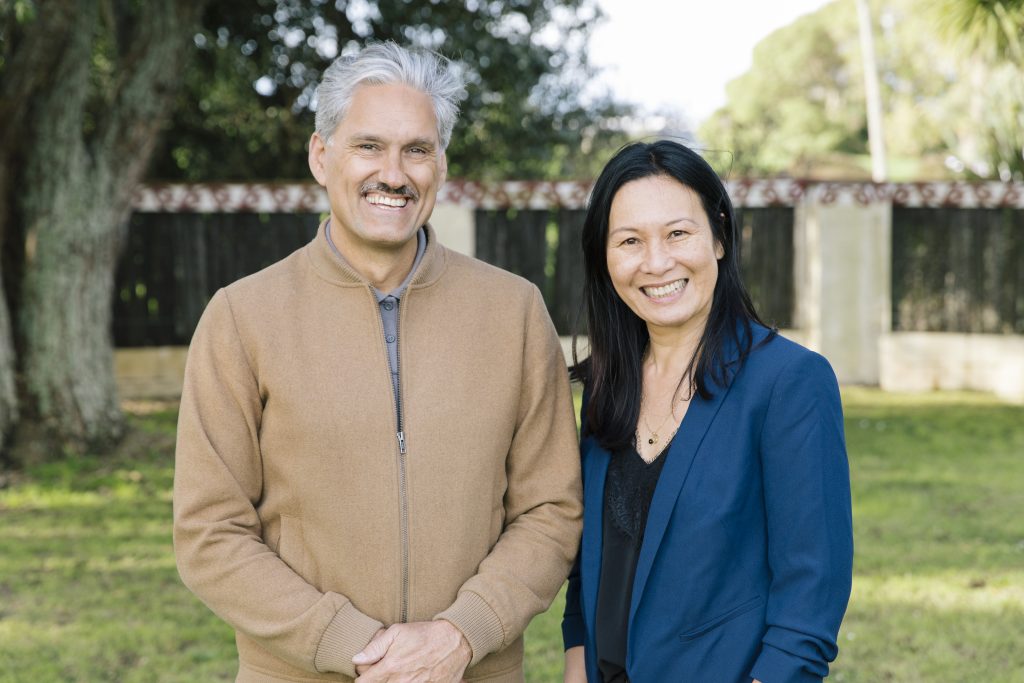Ngā Wai a Te Tūī, the Māori and Indigenous Research Centre, is dedicated to advancing Māori research and supporting Indigenous innovation and Māori development. The center’s name, “Ngā Wai a Te Tūī,” was bestowed by Dr. Haare Williams following a wānanga held in December 2018 to discuss the center’s proposed goals.
The name “Ngā Wai a Te Tūī” translates to “The waters of the Tūī,” emphasizing the significance of water to all living beings and the cultural waterways that our ancestors have safeguarded for centuries. In the context of Te Whare Wānanga o Wairaka, the spring Te Wai Unuroa o Wairaka serves as a reminder of our rich heritage, with our knowledge deeply rooted in the stories of the land, water, and sky. The “Tūī” refers to the iconic native bird known for its diverse songs, often found in the harakeke of Te Rangimarie, located near Te Noho Kotahitanga Marae.

Metaphorically, the center’s name symbolizes the convergence of expertise, disciplines, and knowledge streams, working together to support the flourishing of the Tūī, which represents our extended family and communities. As a multidisciplinary Māori research group, we recognize that real-world research challenges often require a transdisciplinary approach, involving individuals from various fields collaborating in problem-solving research teams.
The Ngā Wai a Te Tūī Māori and Indigenous Research Centre officially opened on February 15, 2019, with blessings from Kaumātua, Unitec Institute of Technology staff and students, as well as members of the wider community and colleagues. The center serves as a hub for Māori research expertise and facilitates collaboration with the Māori community, enabling a team of Māori researchers to engage in research projects.
The name “Ngā Wai A Te Tūī” was bestowed upon Dr. Jenny Lee-Morgan, the head of the Research Centre, and her team by Kaumātua Dr. Haare Williams, signifying a strong connection with the natural world, waterways, wildlife, and flora that inspire research ideas and kaupapa (principles) for exploration.
Recognizing the historical power of research in colonization, the center aims to reshape the narrative and promote Kaupapa Māori research today. Dr. Lee-Morgan emphasizes the importance of asserting the Māori perspective and its true value. The center’s research projects focus on reclaiming Mātauranga Māori, exploring goals, aspirations, and issues from an indigenous viewpoint, and applying Māori concepts, knowledge, theories, and practices to address contemporary societal challenges, improve conditions, and enhance lives.
Dr. Lee-Morgan expresses pride in her launch team, which includes prominent researchers like Irene Kereama-Royal, Rau Hoskins, Rihi Tenana, and Dr. Tia Reihana, with plans for further collaboration on projects. The team has also expanded with the addition of Ngāhuia Eruera as Office Manager, Jackie Paul as a Research Assistant, and Dr. Leonie Pihama, an Associate Professor and renowned senior Māori Academic, along with Wetini Paul as a Research Administrator.
Having Māori researchers involved is crucial due to their cultural connections and the belief that they hold the key to finding solutions to their problems. Since its opening, the center has actively engaged in various local, regional, national, and international research events, presenting their research, fostering discussions for potential local research partnerships, and seeking to build international collaborations with other Indigenous researchers and their research centers.

